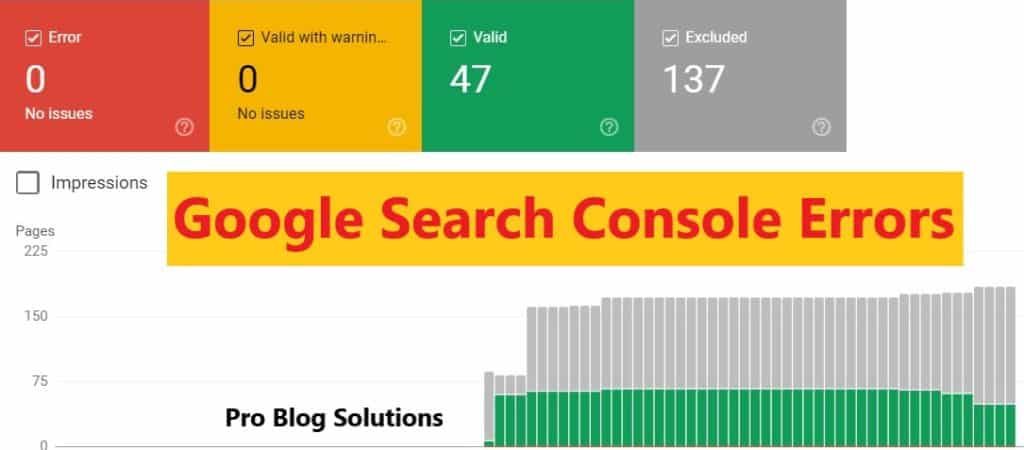Would you like to write articles to generate income for yourself? If so, you may be curious as to your options about the difference between writing articles for yourself vs. someone else.
One of the biggest decisions you must make involves deciding who you want to write for.
Do you want to write for yourself or others? To ensure your choice is right, you will want to examine the pros and cons of writing articles for yourself vs. someone else.
Let's have a quick look at a few key differences between writing articles for yourself and writing articles for someone else:
Writing Articles for Yourself
Control: When you write articles for yourself, you have complete control over the content, the tone, and the style. You can write about whatever you want, however you want. This gives you much creative freedom but also means you must be more self-motivated and disciplined.
Audience: When you write articles for yourself, you must decide who your audience is. Are you writing for experts in your field? For beginners? For a general audience? Knowing your audience will help you to tailor your content to their needs and interests.
Goals: When writing articles for yourself, you must decide what you want to achieve. Do you like to inform your readers? Persuade them? Entertain them? Clear goals will help you stay focused and on track as you write.
Rewards: When you write articles for yourself, the rewards are intrinsic. You get satisfaction from the act of writing and from sharing your ideas with others. You may also see traffic or engagement with your articles, which can be motivating.
Writing Articles for Someone Else
Constraints: When writing articles for someone else, you must work within their limitations. This might include their editorial guidelines, target audience, or budget. You may also have to collaborate with others, such as editors or designers. This can be challenging, but it can also be a great learning experience.
Pay: You may be paid for your work when you write articles for someone else. This can be a great way to make money, but it's important to negotiate a fair rate.
Credibility: When you write articles for someone else, you build credibility. This can lead to more opportunities to write and help you establish yourself as an expert in your field.
Exposure: When you write articles for someone else, your work will be seen by a wider audience. This can give you exposure to new readers and potential clients.
The best way to write articles is the way that works best for you. If you enjoy the freedom and creativity of writing for yourself, go for it.
But if you're looking for more structure and rewards, writing for someone else may be a better fit.
Data Graph of Writing Articles for Yourself vs. Someone Else:
This chart shows that 20% of people write articles for themselves, while 80% write for someone else.
Benefits of Writing Articles for Yourself
The biggest plus to writing articles for yourself is the freedom to choose your topics. This means you could write about a topic you know about or are passionate about.
For example, do you homeschool your children? If you do, you may enjoy and prefer writing articles on homeschooling.
You may also like to read:
- Best Ways to Increase Blog Traffic by 80% in 6 Months
- Earn 10-50 Dollars Daily from Google AdSense
- How to Clean and Sanitize Keyboard in 12 Minutes?
- Mirror Phone Screen On PC Free: 7 Easy Ways
- Strategies to Drive Traffic to eCommerce Websites
You Can Do Anything With Your Articles
Next is writing articles for yourself because you can do what you want with your own articles.
When you write for someone else, you normally give up rights to your work. This means that you cannot use those articles again.
This isn’t the case when you are right for yourself. You can do what you want with your articles and use them as many times as you want and in just about how you see fit.
Writing Articles for Money for Yourself vs. a Client

Another pro or plus side to writing articles for money versus clients is how to make money.
In fact, you may be surprised at how many moneymaking opportunities there are for articles.
For starters, you can use your articles for newsletters, start your own content-filled website that displays money-making advertisements, submit them to article directories, or even sell your articles outright after you have already written them.
The Downside of Writing for Yourself
The only true con or downside to writing for yourself is that you may not get paid immediately.
If you want to use your articles to create a website that can make money through advertisements, you must ensure that others see your website. This involves article marketing.
However, as stated above, you can submit your articles to article directories, which are considered important website and blog marketing tools.
Difference Between Writing Articles for Yourself vs Someone Else
In keeping with internet marketing, it isn’t hard. It would be best if you did some research to learn a few helpful tips and tricks, but it is more than possible to market your website.
After a close examination, you will see that not only can you submit articles to article directories with a link back to your website or blog, but you can also write keyword-optimized articles. When you do so, the search engines will find your website independently.
Continue reading about the difference between writing articles for yourself vs. someone else.
Plus Side to Working With Clients
As for writing for someone else, it, too, has its pros and cons. Perhaps the biggest pro or plus side to working with clients is that you are paid and often right away.
Most professional web admins will pay their clients within 14 days. There is no having to wait until your website or blog generates traffic to start making money.
Writing about yourself: When you write articles about yourself, employ humility. But please do it without sounding too self-deprecating. Nobody likes someone too hard on themselves, so be careful while choosing your words.
Writing about others: When you write about others, simultaneously explain their strengths and humanity to make your articles interesting. Don't try to trash their reputation; making them genuine can help you build your reputation.
More interesting topics for you:
- GeneratePress vs. Genesis Comparison Chart
- Common Email Problems and Solutions
- How to Unlist Number and Delete Truecaller Account?
- Best Ways to Secure Your WordPress Website
- How to Improve Blog Audience By 300% For Free?
Downsides of Writing Articles for Clients

One of the downsides to writing articles for clients, as opposed to for yourself, is that you are told what to write.
This benefits some, as your client should describe what they want and expect from you in detail. For many, this makes writing articles for money easier.
Finding clients to write for can be tricky, but you have numerous avenues to try. Start with creating your own website.
List a few sample articles, outline the niches you specialize in and your rates. You can also actively search online bidding websites and job boards.
Pros and Cons of Writing Articles for Yourself vs. Someone Else
Writing articles for yourself:
Pros:
- You have complete control over the content, including the topic, tone, and style.
- You can write about topics that you are passionate about and that you know well.
- You can build your own audience and reputation as a writer.
- You can earn money from your articles through advertising, affiliate marketing, or selling products or services.
Cons:
- Writing high-quality articles that will attract readers can be time-consuming and challenging.
- You may not have the expertise or experience to write about certain topics.
- You may not have the resources to promote your articles and reach a large audience.
Writing articles for someone else:
Pros:
- You can earn money for your writing without building your audience or reputation.
- You may be able to write about unfamiliar topics, as you will have access to the client's research and expertise.
- You may work with a team of other writers and editors, which can help you improve your writing skills.
Cons:
- You may have less control over the content of your articles.
- You may have to write about topics that you are not interested in.
- You may have to meet tight deadlines, which can be stressful.
The best way to decide whether to write articles for yourself or someone else is to consider your goals and preferences.
Writing for yourself is a good option to build your audience and reputation as a writer. However, writing for someone else may be better if you want to earn money quickly and easily.
Here are some additional factors to consider when making your decision:
- Your writing skills and experience.
- Your knowledge of the topics you want to write about.
- Your budget.
- Your time constraints.
- Your goals for your writing.
FAQs About the Difference Between Writing Articles for Yourself vs. Someone Else:
How does writing for oneself differ from writing for others?
To write for yourself is to write for readers. Yet writing what you want benefits not only yourself but also the reader. The reader will enjoy something you love writing. Your best stories will be those you started writing more for yourself than others.
How will you keep the readers in mind when you're writing?
One of the best ways to improve your writing is to focus on what the reader needs to know rather than what you want to say. Make it easier for them by placing the most important information first. Respect their time by keeping your communications brief.
How do you attract the reader's attention?
If you want to capture your readers' attention, you have to recognize that while they don’t necessarily have the attention span of a gnat, as far as you are concerned, they may as well have. You must get in there quickly to grab their attention and keep it.
Conclusion: Writing Articles for Yourself vs. Someone Else:
So, which approach should you take? It all depends on your personal preferences. With that said, you may want to give both options a try.
Divide your time between writing for your clients and yourself. Over time, you may find yourself earning the most money with articles.






